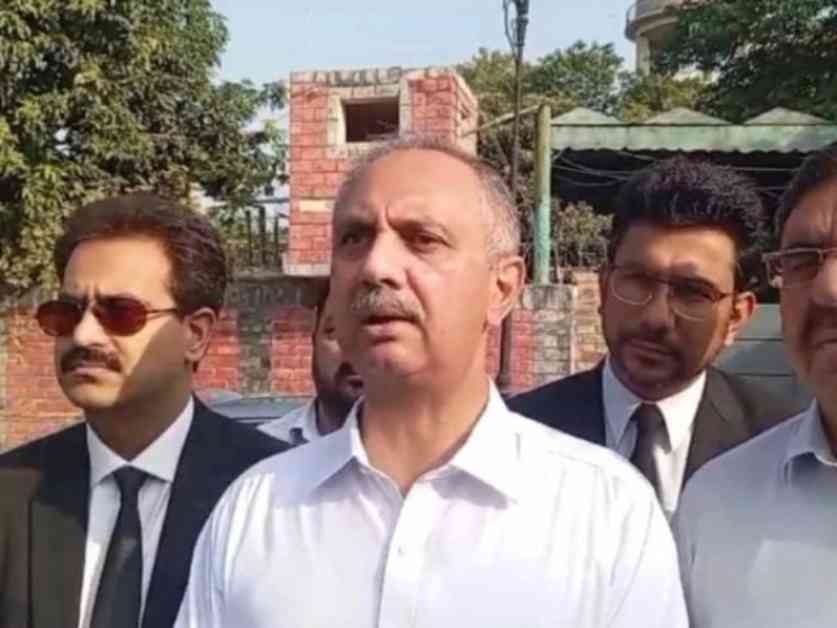Arrest Warrants Issued for PTI Leaders in Islamabad Case
In a recent turn of events, arrest warrants have been issued for prominent Pakistan Tehreek-e-Insaf (PTI) leaders, including Umar Ayub, Aamir Dogar, and Aamir Mughal, due to their absence during a crucial court hearing in Islamabad. The case, which revolves around alleged violations of Section 144, was brought before Judicial Magistrate Shahzad Khan at the District and Sessions Court in the capital.
The Absentees and Exemptions
During the hearing, the absence of Umar Ayub, Aamir Dogar, and Aamir Mughal prompted the issuance of arrest warrants, while the court granted a request for exemption from attendance for Shoaib Shaheen and Barrister Gohar. Notably, Barrister Gohar Khan had filed a formal request for exemption during the proceedings, adding an element of legal maneuvering to the unfolding drama.
Adjournment and Future Proceedings
In a twist of fate, the defense’s requests for acquittal could not be entertained at the hearing, resulting in the adjournment of the cases until April 23. This delay underscores the complexity and legal intricacies surrounding the charges faced by the PTI leaders, leaving room for speculation and anticipation regarding the upcoming proceedings.
Multiple Cases and Legal Battles
The legal saga surrounding Barrister Gohar Khan and others doesn’t end there, as two cases have been registered against them at the I-9 Police Station, adding layers of complexity to an already convoluted narrative. The intertwining legal battles and the involvement of multiple key figures from the PTI paint a vivid picture of the high-stakes drama playing out in the corridors of justice.
Bail Granted for Detained PTI Workers
In a separate development, an anti-terrorism court has granted bail to 18 PTI workers who were arrested during protests in Attock and Rawalpindi on November 24 and 26, 2024. The court’s decision to order their release after spending 92 days in detention marks a significant victory for the defense team, led by lawyers Imran Abbasi and Faisal Malik, who argued vehemently for the workers’ innocence.
Legal Arguments and Constitutional Rights
Imran Abbasi and Faisal Malik’s defense strategy centered on the premise that the arrested individuals were taken into custody without proper justification, emphasizing the constitutional right to protest as a cornerstone of their argument. The court, swayed by the lack of compelling evidence, granted bail to the workers on the condition of submitting surety bonds worth Rs0.1 million each, paving the way for their eventual freedom.
The Released Workers and Ongoing Legal Battles
Among the released workers are Umar Farooq, Obaidullah Khan, Zainul Abidin, Wajahat Ali, Tayyab Nasir, Khawar Ali, Murtaza Khan, Muhammad Haroon, Lala Sher, Naeem Gul, and Fatah Khan, who had endured the tribulations of incarceration in Attock, Jhelum, and Adiala jails. Their release signifies a glimmer of hope amid the backdrop of ongoing legal battles and the looming specter of uncertainty for the remaining 1,249 arrested PTI workers whose bail petitions are forthcoming.
The unfolding events in the legal realm involving key PTI leaders and workers reflect a tapestry of narratives, emotions, and legal intricacies that underscore the complexities of the justice system and the relentless pursuit of truth and justice. As the legal battles continue to unfold, the fate of the accused hangs in the balance, with each hearing and decision shaping the course of events in an ever-evolving saga of power, politics, and the pursuit of legal redress.









